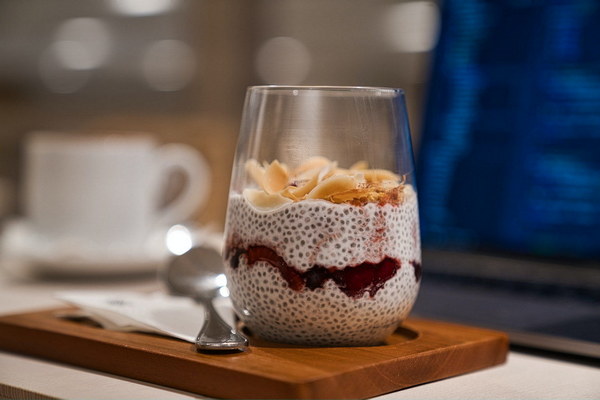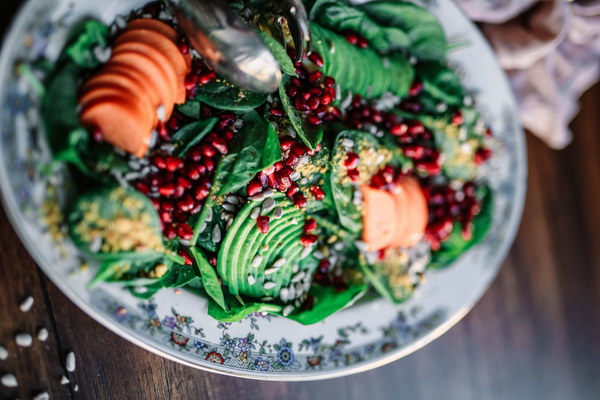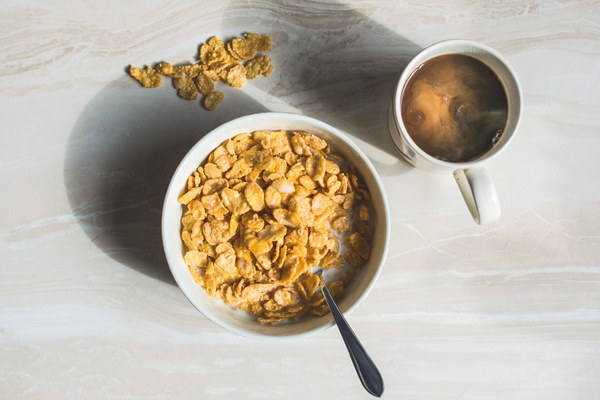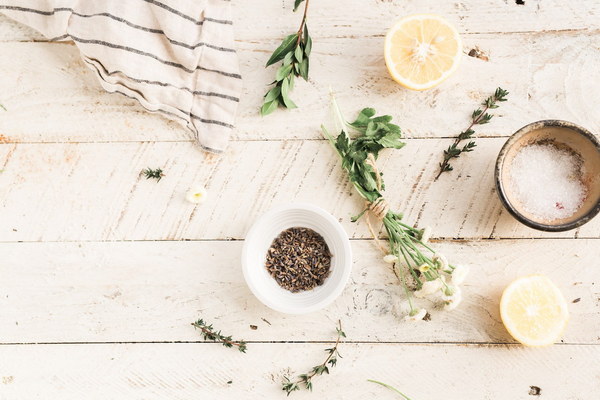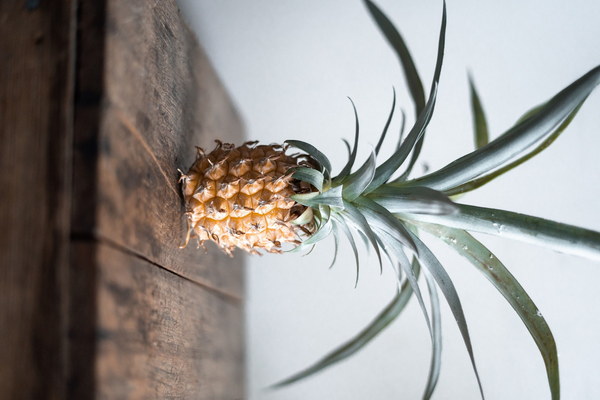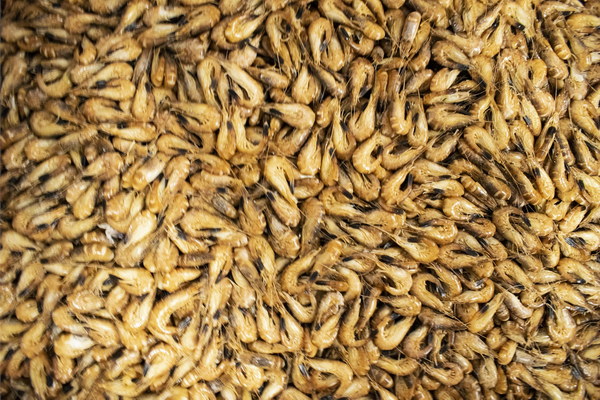Harmonizing Liver Qi and Nourishing the Spleen Exploring Traditional Chinese Herbs for Holistic Health
In the realm of traditional Chinese medicine (TCM), the concept of harmonizing the body's internal systems is fundamental to achieving overall health and well-being. One such approach involves the use of herbs that specifically target the liver and spleen, two vital organs that play crucial roles in the body's physiological functions. This article delves into the world of TCM, exploring the benefits and uses of traditional Chinese herbs that aim to soothe the liver and nourish the spleen.
The Liver: A Vital Organ
The liver, often referred to as the general in TCM, is responsible for processing and filtering the blood, metabolizing nutrients, and storing energy. It also governs emotions and plays a key role in the smooth flow of qi (vital energy). When the liver is imbalanced, it can manifest in various ways, including irritability, stress, and digestive issues.
The Spleen: The Abode of Energy
The spleen, on the other hand, is considered the storehouse of energy in TCM. It is responsible for transforming food into nutrients, which are then transported throughout the body. The spleen also governs the blood and is closely linked to the muscles and the nervous system. An imbalance in the spleen can lead to fatigue, digestive problems, and a weakened immune system.
Herbs for Harmonizing Liver Qi and Nourishing the Spleen
There are several traditional Chinese herbs that are commonly used to address liver and spleen imbalances. Here are some of the most notable ones:
1. Bupleurum (Chai Hu): Bupleurum is a versatile herb that helps to soothe the liver and alleviate stress. It is often used in cases of emotional disturbances, such as irritability and anxiety, and can also aid in digestion.
2. Scutellaria (Huang Qin): Known for its cooling properties, Scutellaria is used to clear heat from the liver and gallbladder, which can help alleviate symptoms such as irritability, headache, and skin issues.
3. Peony (Mu Dan Pi): This herb is used to calm the liver and relieve emotional stress. It is particularly effective in cases of menopausal hot flashes and menstrual cramps.
4. Poria (Fu Ling): Poria is a mushroom-like herb that is often used in combination with other herbs to nourish the spleen and improve digestion. It is also known for its diuretic properties.
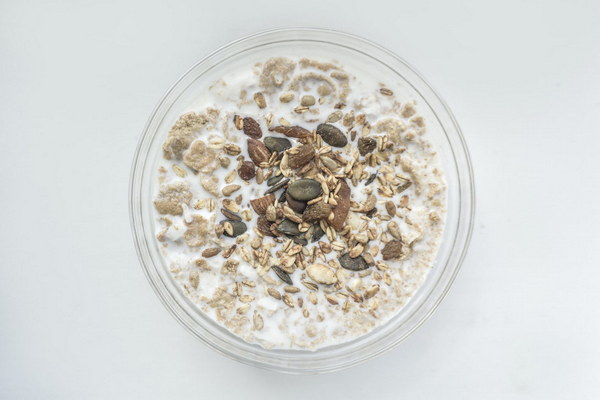
5. Astragalus (Huang Qi): Astragalus is a well-known adaptogen that supports the immune system and helps to tonify the spleen. It is often used in combination with other herbs to enhance overall energy and vitality.
6. Cinnamon (Rou Gui): Cinnamon is a warming herb that can help to invigorate the spleen and improve digestion. It is often used in cases of cold limbs and weak digestion.
7. Licorice (Gan Cao): Licorice is a commonly used herb in TCM that helps to harmonize other herbs in a formula. It can also soothe the liver and support the spleen, particularly when combined with other liver-nourishing herbs.
Integrating Herbs into a Wellness Routine
While these herbs can be beneficial for individuals with liver and spleen imbalances, it's important to consult with a qualified TCM practitioner before starting any new herbal regimen. A TCM practitioner will assess your individual constitution and health needs to create a personalized treatment plan that may include a combination of these herbs and possibly other therapies such as acupuncture or dietary adjustments.
Incorporating these traditional Chinese herbs into a wellness routine can offer a natural and holistic approach to maintaining liver and spleen health. By addressing the root causes of imbalances, these herbs can contribute to a more balanced and vibrant state of being, both physically and emotionally.

